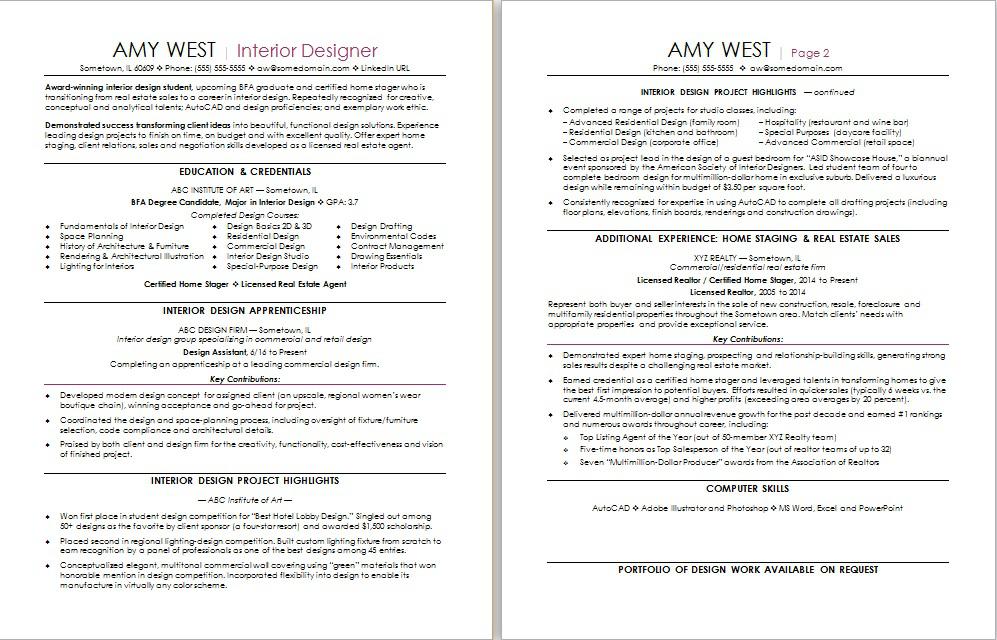
Find out what drives you to quit your job if you aren't sure. There may be something that makes you hate going to work. You can identify the root cause of your emotions and work towards resolving them. If you can't find a viable solution to your problems, try finding other options.
Feeling secure makes money feel good for your family.
Being able to have money after you leave your job can provide you with peace of mind that your family will be well taken care of. It will allow you to cover all the essentials and possibly even extras such as health insurance. You might also be able to rely on your spouse's income to make ends meet, especially if he has a good job. You might also be able to find a part-time job or freelance work. But even if you're able to find a job, make sure you have a financial safety net for your family.
Plan B
When you decide to quit your job, one of the most important considerations is your financial situation. Sometimes, your job will end abruptly. If this happens, it is important to have sufficient savings to cover the cost of your new job. Experts recommend that you save six months for living expenses.

It can be scary leaving a job that you haven't had a plan for. When you tell colleagues that you are quitting, it is common for them to be nervous and ask questions. You may be asked, "Where's your money going?" This can be stressful and can impact your career.
Notifying your employer
It is important that you inform your employer in advance if you are going to leave your job. It will give them time to plan. You can text your resignation but it's tempting to do so. Instead, write an official letter telling your boss in writing. You can communicate with your supervisor via email or video chat, but it is important to have an official letter of resignation.
Before you notify your employer, it is important that you consider your reasons for resignation. Leaving your job abruptly is not polite, especially if the job is in high demand and has a small number of employees. Your employer may be willing or unable to fire you, depending on the circumstances.
Negotiating a salary rise
No matter if you are quitting your job due to a change in the environment or your unhappy working conditions, there are some important steps you must take before you can negotiate a salary increase. First, be certain that you are still valued by your employer. While your manager may not immediately agree to a higher salary, they might be swayed by a compelling case. Your next step is to talk with your supervisor. This can be done in person, by phone, or via mail.

Your boss should be informed of your intentions to negotiate an increase. This can be done by calling your boss or contacting human resources to inquire about the process. Before making any changes to an employee's position, most employers want input. Therefore, it is crucial to get the support of your boss before moving on to the next step.
A farewell function
If you are going to leave your job, it is important to hold a farewell celebration. You might be in a position where you are heading for a fresh challenge, or you may be tired of your current job and want to move on. In any case, leaving your current job can be a tough decision. You might want to allow yourself time to settle in at your new job. You should still maintain good relationships with your coworkers and former colleagues.
If you have decided to have a farewell function, you can include a speech about your time at the company. If possible, you can speak about your positive experiences at the company, and thank everyone for their time and effort. You should not talk about your personal problems in the speech. Instead, try to focus on the positive aspects of working with the company.